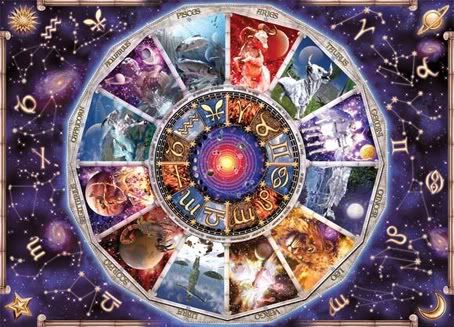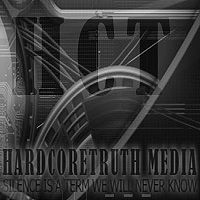
To define and understand what Astrology is a person needs to take a look at its long history. The definition of astrology is two Greek words, Astron meaning "constellation or star" and "Logia" meaning "the study of." So the very word is Greek in origin. To the ancient Greeks of about the third millennium BC, it was the science or study of the stars and the meaning and impact that the stars have on a person's life. This study consists of the study of traditions, systems, and the beliefs of celestial bodies' positions and any related details that can give useful information on a person's personal life and the personality of the person. This study of the stars has had a major role throughout the ages in shaping world affairs.
The modern definition of Astrology is that of a language that is symbolic or art form and even a tool for divination. But no matter the age or era that astrology was used, it is still how celestial bodies (stars, comets, asteroids and planets) can be of use in past, present interpretation of events, and can be of use in predicting the future.
Many cultures throughout the world, present as well as past, use this ancient art form. Among these cultures are the Babylonian (ancient), Persian (Medieval), Chinese, Egyptian, Indian, Islamic, Western, Hellenistic (considered the classic astrology), Mayan and Sidereal.
There are many forms of Astrology like the Horoscope, Natal charts, Electional, Horary and Mundane. Throughout history, especially Western cultures, it has been debated among practitioners known as Astrologers as to the very nature of Astrology. This debate has covered the topic of the celestial bodies being merely signs of events or the actual events themselves.
The first person to really study the connection between the stars and the events on Earth was Sir Isaac Newton when he developed his Universal Theory of Gravitation. So what Astrology means is that a person who makes it their life work to study and interpret the heavenly bodies and to divine what the positions of the celestial bodies in a chart drawn for a specific person means. That person is called an Astrologer. The chart consists of the tropical zodiac of the twelve signs, and the local horizon, which gives the "ascendant and descendant axis" and the "mid-heaven-imum coeli axis." This is then further divided by into twelve astrological houses. This gives the person their horoscope.
There are two types of Astrologers...The Vedic Astrologer who focuses on the planetary periods to interpret trends while transits are utilized in the timing of significant events. This means that they attempt to predict future events.
But most Western Astrologers don't bother with that anymore. Instead, they focus on the general developments and trends. This draws a great deal of criticism because that practice allows the practitioner to avoid making predictions that need to be verified.
The Western and Vedic Astrology branches share common ancestry in the Horoscope system. The Vedic astrology makes use of the Sidereal Zodiac whereas Western prefers the Tropical Zodiac.
No matter the time period, there was a form of Astrology that over the ages evolved into what we now have. But in the end, it is essentially the same. Astrology will always be the study of the heavenly bodies and how they affect us here on Earth.
by Francis Hosein
www.astrology.com.au
About The Author:
Francis Hosein is a psychic medium who writes about horoscopes, astrology, the zodiac and provides public and private psychic readings.
www.trans-formers.com




